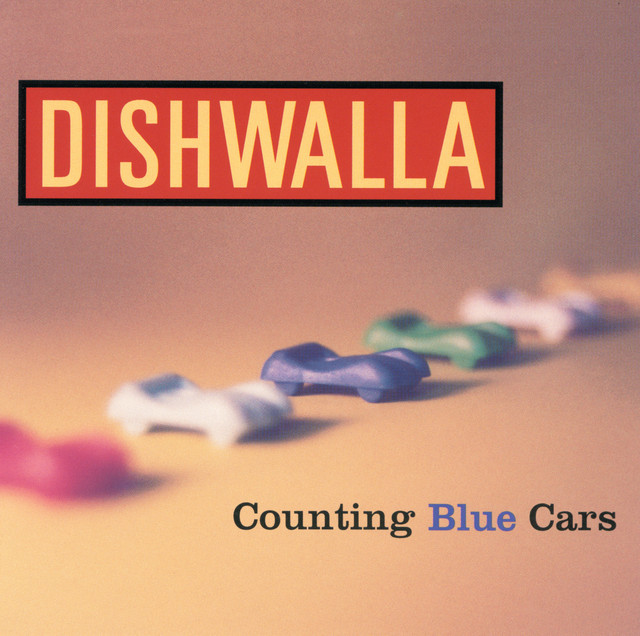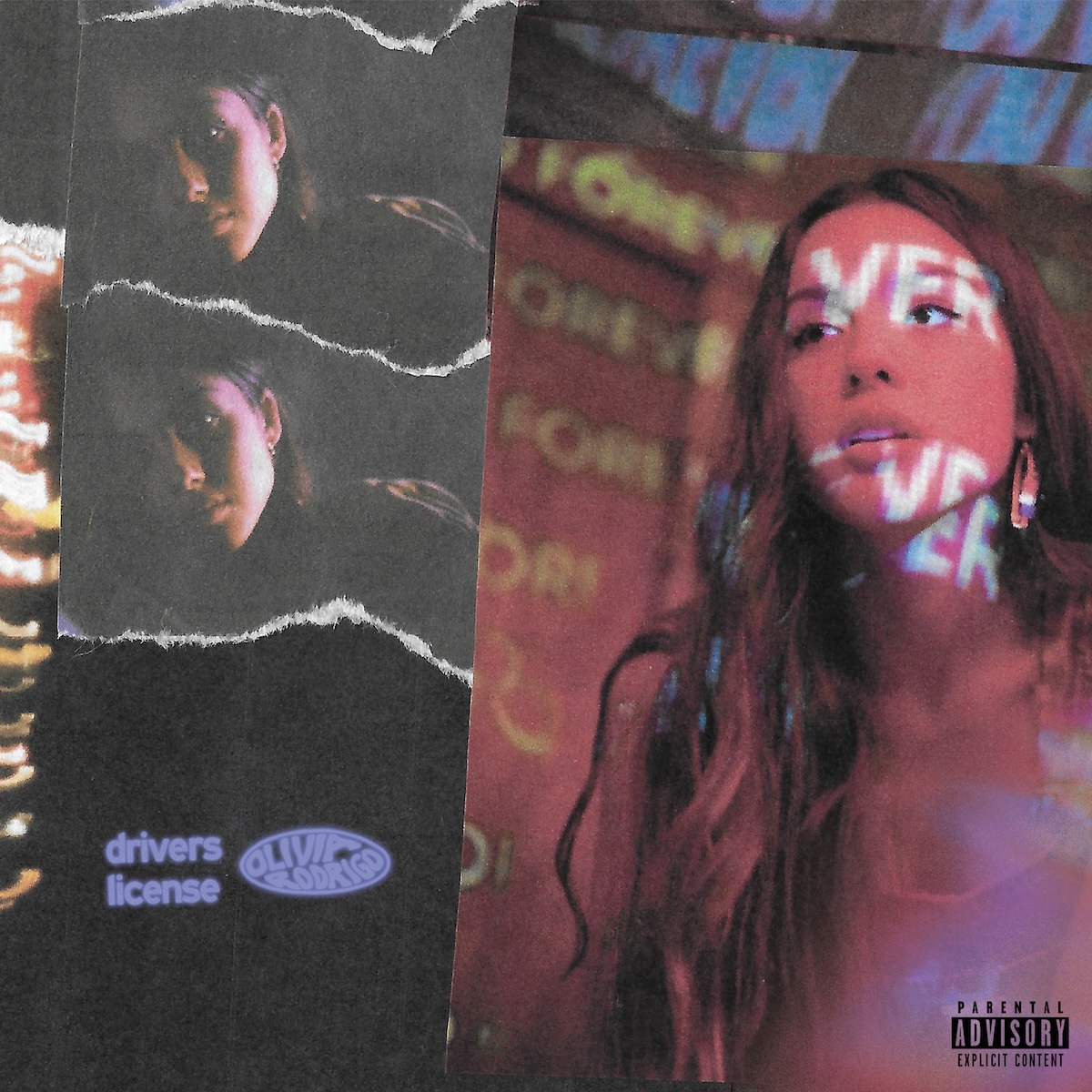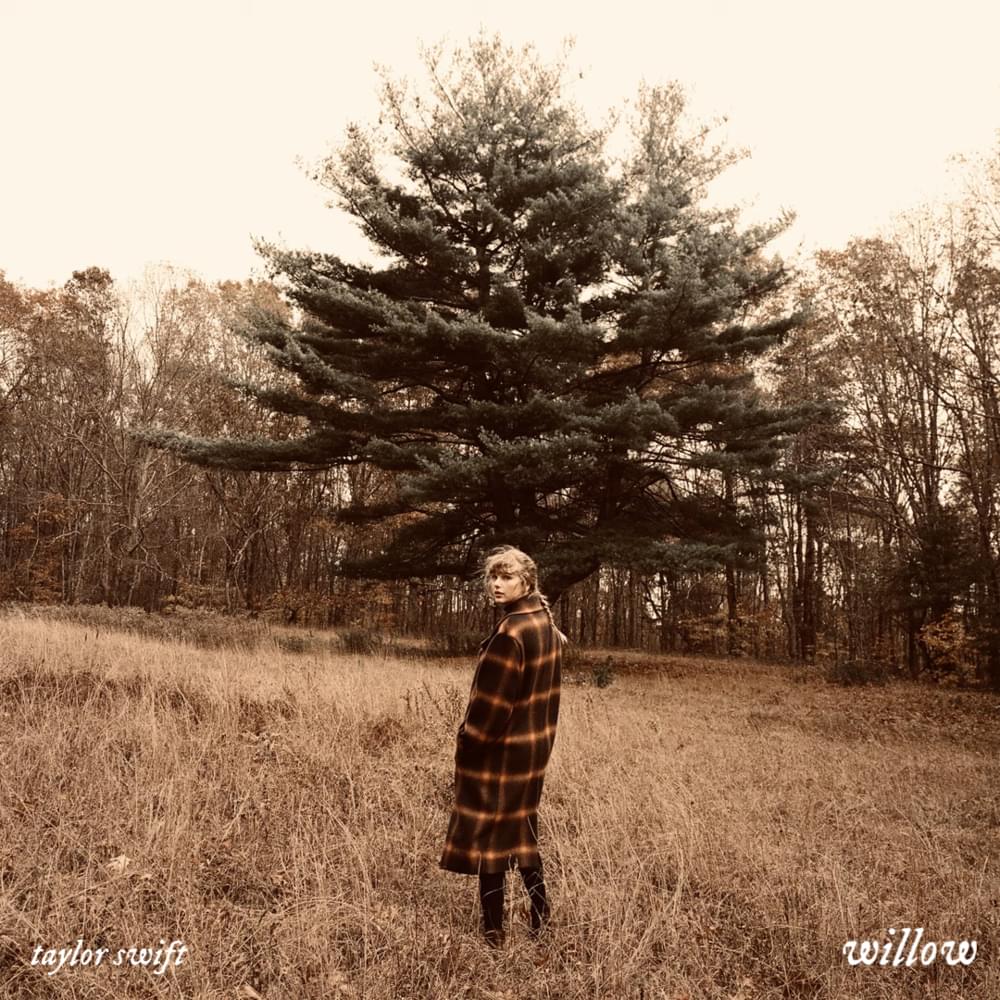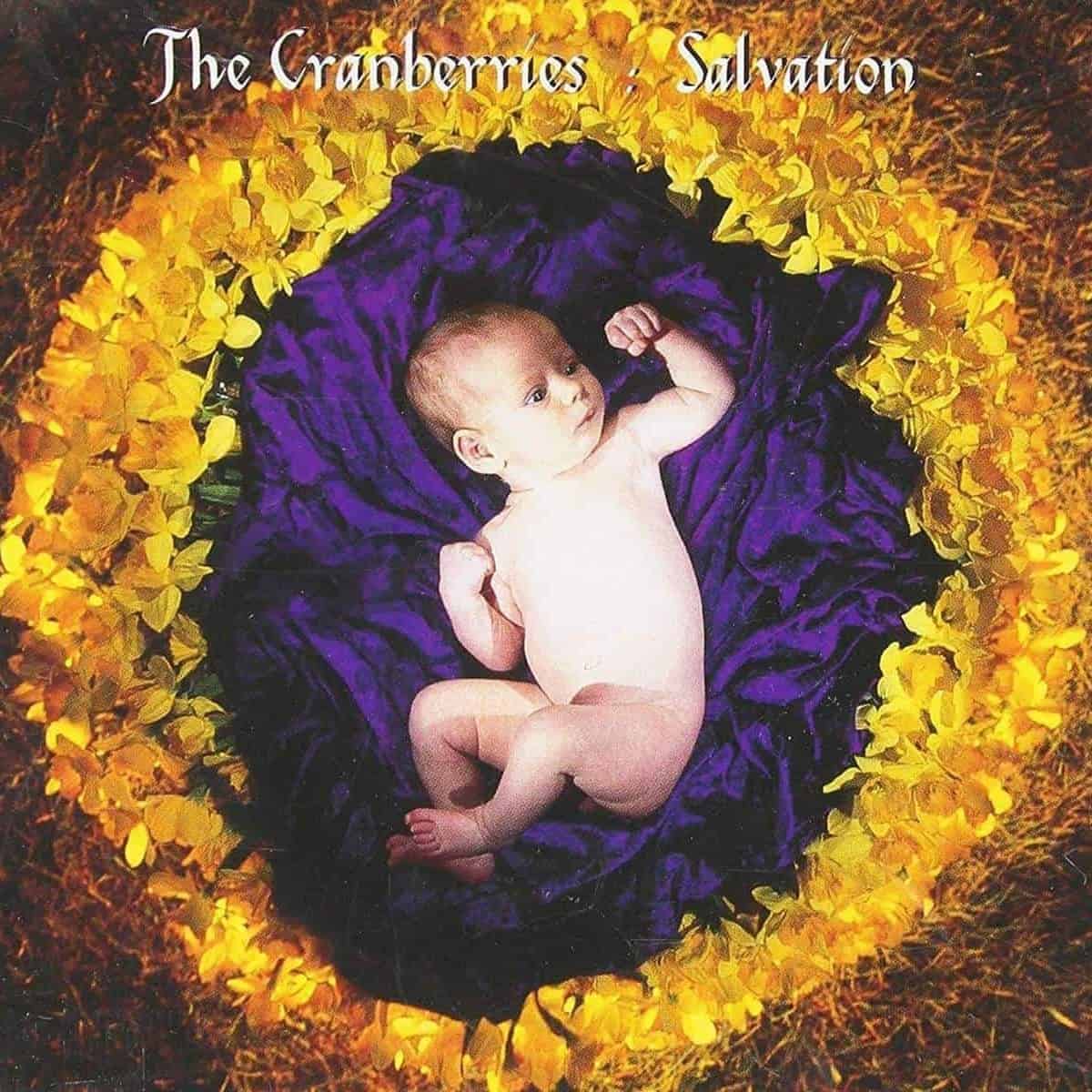If you've ever seen Nick Cave live, you know it's one of those not-quite-of-this-world experiences. He walks onstage and dark electricity fills the room immediately, before he's played a single note from any of his songs, a single note of the music that makes up one of the most absurdly consistent catalogs in rock history. You can feel you're in the presence of something -- a cult legend, sure, and perhaps a genius, but also a force of nature. Nick Cave turned 60 last year, and yet he felt unstoppable onstage while touring 2016's harrowing Skeleton Tree. To see him last year, from him and the Bad Seeds thrashing through "Do You Love Me?" to him standing in the center of a crowd's hands outstretched during the finale of "Push The Sky Away," was to feel transformed. Just like the man himself bellowed in "Jubilee Street" earlier that night.
Cave evidently felt something on that tour, too. Between his visits to NYC -- last year at Brooklyn's Kings Theatre, and later this summer with a show at Barclays Center, which is still a bizarre setting to imagine him in despite his clout -- Cave decided to do something a little different. Last night, his limited series of speaking appearances, billed as "So, What Do You Want To Know?" Conversations With Nick Cave, came to NYC's Upper West Side venue Symphony Space after two nights in Massachusetts.
Cave's logic behind the events was directly rooted in his experience touring last year. "There has been a connection happening with the audience through the recent live shows where we have all shown a kind of willingness to open up," he said. "I thought that a direct conversation with the audience might be valuable." So he booked just four nights in Northeast America, seeking a dialog through a fan-driven Q&A session that would, worst-case scenario, result in him playing a bunch of songs at the piano.
Well, that is, to the extent that Cave knew what he was seeking. After the lights dropped and a recording of Cave's recitation of his poem "Steve McQueen" -- an excerpt from Skeleton Tree's accompanying film One More Time With Feeling -- played, Cave appeared at the piano and performed "Sad Waters." Afterwards, he addressed the crowd directly for the first of many, many times in the night. "You're late!" he cracked to an audience member just finding their seat in the front, before continuing: "We should get this straight from the beginning, I have absolutely no idea what I'm really doing here."
It was a completely different setting than you might've found Cave in on recent tours: alone on stage, a piano in the center with a cluttered array of lyric sheets, a barstool chair to one side where he'd perch and talk casually, and a lush armchair to the other that he didn't sit in once. This is a striking turnaround when you're used to seeing icons in all their bombast and mythos. Here, you are getting them unmediated by journalists, you are getting them in an unfiltered and unedited form, you are getting them in a human state without the guise of stardom in full-force. The only recent event I could draw a parallel to in terms of sheer physical proximity to someone larger-than-life and confessional intimacy was Springsteen On Broadway, but that's a very scripted show taking place in a tiny room.
In comparison: This was, at its core, an off-the-cuff conversation between Cave and a collection of fans, most of whom looked as if they've been around long enough to have been following him for decades. He might've been loosening the mood, getting a laugh, with that intro about not knowing what he was doing, or later references to being deathly nervous. But this also seemed plainly forthcoming. This appearance felt like an experiment, maybe an attempt to connect or maybe an attempt to figure out what abstract power exists between Cave and his more devoted listeners, between an artist and their fans in the first place.
Fan-based Q&As are always a roll of the dice. (Given that I'm someone who asks people questions for a living, I'm actually saying this with empathy -- I really pissed off Salman Rushdie at one of these things in a past life.) As Cave acknowledged in the press materials before these talks, fans can often ask deeper and more unusual questions than a journalist might think of, or feel they're able to ask in an official interview setting. They also get nervous and ask things like "Boxers or briefs?" "Ha, ha," Cave deadpanned to that one.
In either case, once Cave got warmed up he was often able to spin any interaction into something curious or illuminating. Across the night, there were anecdotes about recording with Johnny Cash and about his friendship with Kylie Minogue. There were tales of first moving to London decades ago and not finding the punk revolution he was promised, but befriending the Pop Group and the Fall; he also mentioned that he's come late to some of the bands of that era, only recently developing an affinity for the Cure and the Smiths. (He called Morrissey a brilliant lyricist but "a strange man.")
Reaching a certain age helps as a prerequisite for these kinds of events: Cave has lived a lot of life, and so he has a lot of stories to tell. Sometimes, those are funny: Kylie Minogue uses a shit ton of exclamation points via text, or that time Cave thought he fucked up a take with Cash only to have Rick Rubin grunt, "No, Johnny was flat." Other times, things veered into heavier territory. Cave set this up so that there weren't really any limits to what people could ask about, and so there were moments where attendees related to Cave, resulting in him speaking candidly about sobriety, his recent entry into therapy, his relationship with religion, and the loss of his son that hung over both Skeleton Tree and One More Time With Feeling.
In those moments, audience members talked of their own experience with death, one of whom actually discussed losing a son herself, and how Cave's music helped them through. And while Cave might not have always known what to say in this setup -- at one point, he talked about how it's difficult to know what to say around death in general -- it also underscored his original point. There was an intensity and openness between Cave and his audience, one that had existed before but felt like it struck a deeper chord at those shows last year, waiting to be further fleshed out in an unique event like last night's.
Whenever the conversation touched on perhaps too sensitive a topic, or whenever the questions started to lose steam, Cave affably returned to his piano and heeded audience requests when he was able. (One he turned down was the Skeleton Tree track "Magneto," which wasn't possible to play solo but also resulted in an interesting breakdown of how they composed the song.) This was another way in which the night felt like not only an engagement with, but a gift to, longtime fans. Cave sprinkled in old favorites like "The Mercy Seat," "God Is In The House," "The Ship Song," "The Weeping Song," and "Into My Arms." But he also played a bunch of songs you're less likely to hear at a full Bad Seeds show in recent times, like "Love Letter," "Stranger Than Kindness," and "Far From Me."
The night ended with his reading of "Skeleton Tree," as gorgeous a finale as it provided on the album. It also grounded the evening, a reminder of this as a sort of exploratory waypoint between one era of Cave's career and whatever comes next. As for the latter, he alluded to the fact that he and Warren Ellis are currently at work on the next album. And he also maybe-jokingly, but seemingly very seriously, said he plans to quit screenwriting, thanks to the mechanisms of the film industry.
Whether in the night's moments that were more amusing or bore more gravity, this was Cave's approach: to try and be as honest and direct as possible. As the event crept towards the three hour mark, he matter-of-factly checked his watch and asked the audience about doing a few more questions, a couple more songs, and calling it a night. Who knows if he got what he needed out of it, too, or if he even knew what it was he was trying to get out of it in the first place. He joked about needing to get out of the house and talk to people, and maybe this could've turned into collective therapy; there are ways in which you could assume the man is still working through the ramifications of his son's death, the kinds of ramifications you never really sort through entirely.
As loose and personal as it all was, that was a main takeaway of the night. Fans aren't necessarily accustomed to seeing Cave this way: He used to have an ostensibly tense relationship with his audience back in the day, and has often been more reticent when it comes to press. So to see him here, a living legend of a songwriter, baring himself onstage in this manner, felt of a piece with the nakedness of One More Time With Feeling. There was still a catharsis there, just like any Cave show, but it was a quieter one -- not transformative, but leaving you with all the lingering considerations that come after a talk with a friend you haven't seen in too long a time, when there's too much to catch up on.






